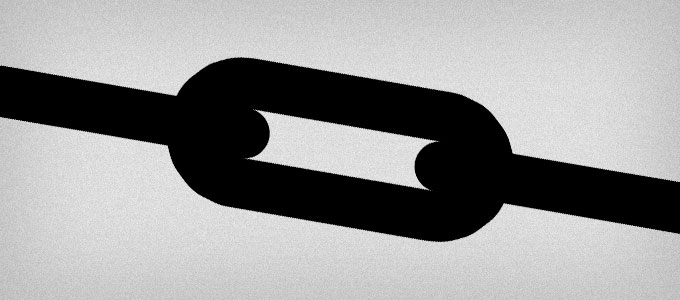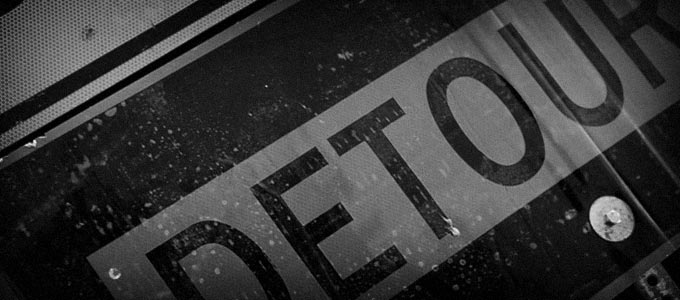When C first got his lung disease diagnosis, and then his autism diagnosis, I scoured the web looking for reliable sources of information and insight. Below are a few of my favorite science + autism websites, blogs and tweeps. What are yours?
- Emily Willingham is a scientist and writer who has a son on the spectrum. She explores — and often rips apart — the latest in autism pseudoscience on her blog, her Forbes column, and on Twitter.
- Cracking the Enigma, a blog by research fellow Dr. Jon Brock, focuses on "cognitive and neural mechanisms involved in developmental disorders including autism, Williams syndrome, and Down syndrome." He also has a Twitter feed.
- Left Brain / Right Brain is an excellent autism-focused science website.
- Autism News Beat is a blog by the father of a 16-year-old boy with autism. The writer's goal is to help journalists write about science, and autism in particular.
- The Autism Science Foundation is a non-profit organization dedicated to helping researchers and scientists fund and publicize their work. It's a great place to keep up with the latest in science-based autism research.
- And, on a lighter and non-science-related note, my favorite Dad blogger.

 I'd hoped to post these before October was over, but Hurricane Sandy slowed me down a bit. Nonetheless, here are some interesting links I've run across in the past month.
I'd hoped to post these before October was over, but Hurricane Sandy slowed me down a bit. Nonetheless, here are some interesting links I've run across in the past month. As always, Emily Willingham
As always, Emily Willingham  In an excellent and provocative post entitled, "
In an excellent and provocative post entitled, "